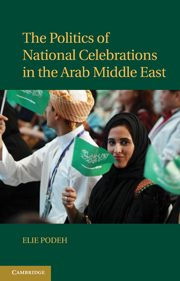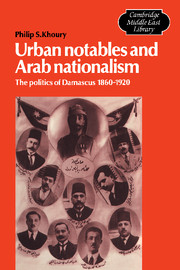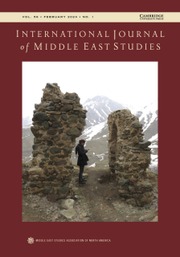The Politics of National Celebrations in the Arab Middle East
Why do countries celebrate defining religious moments or significant events in their history, and how and why do their leaders select certain events for commemoration and not others? This book is the first systematic study of the role of celebrations and public holidays in the Arab Middle East from the fall of the Ottoman Empire to the present. By tracing the history of the modern nation-state through successive generations, the book shows how Arab rulers have used public holidays as a means of establishing their legitimacy and, more broadly, a sense of national identity. Most recently, some states have attempted to nationalize religious festivals in the face of the Islamic revival. With its many illustrations and copious examples from across the region, the book offers an alternative perspective on the history and politics of the Middle East.
- The first comprehensive study on the significance of festivals and commemoration in the Arab Middle East
- An innovative portal into the politics and history of the region from the early twentieth century to the present
- The book manifests a deep knowledge of the field based on a wide range of sources
Product details
June 2011Hardback
9781107001084
354 pages
229 × 152 × 21 mm
0.61kg
33 b/w illus.
Available
Table of Contents
- Introduction
- 1. Celebrating nation and state - a theoretical framework
- 2. Celebrations and ceremonies in Arab-Islamic lands
- 3. Egypt: changes within continuity
- 4. Iraq: changing regimes, changing celebrations
- 5. Jordan: preserving invented traditions
- 6. Lebanon: upholding the integrity of the state
- 7. Saudi Arabia: between religious and secular holidays.










